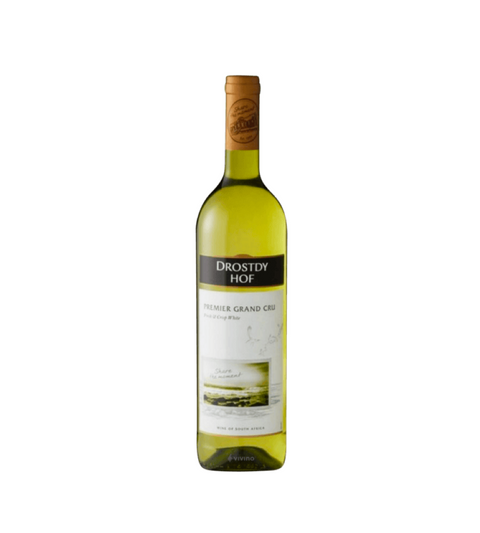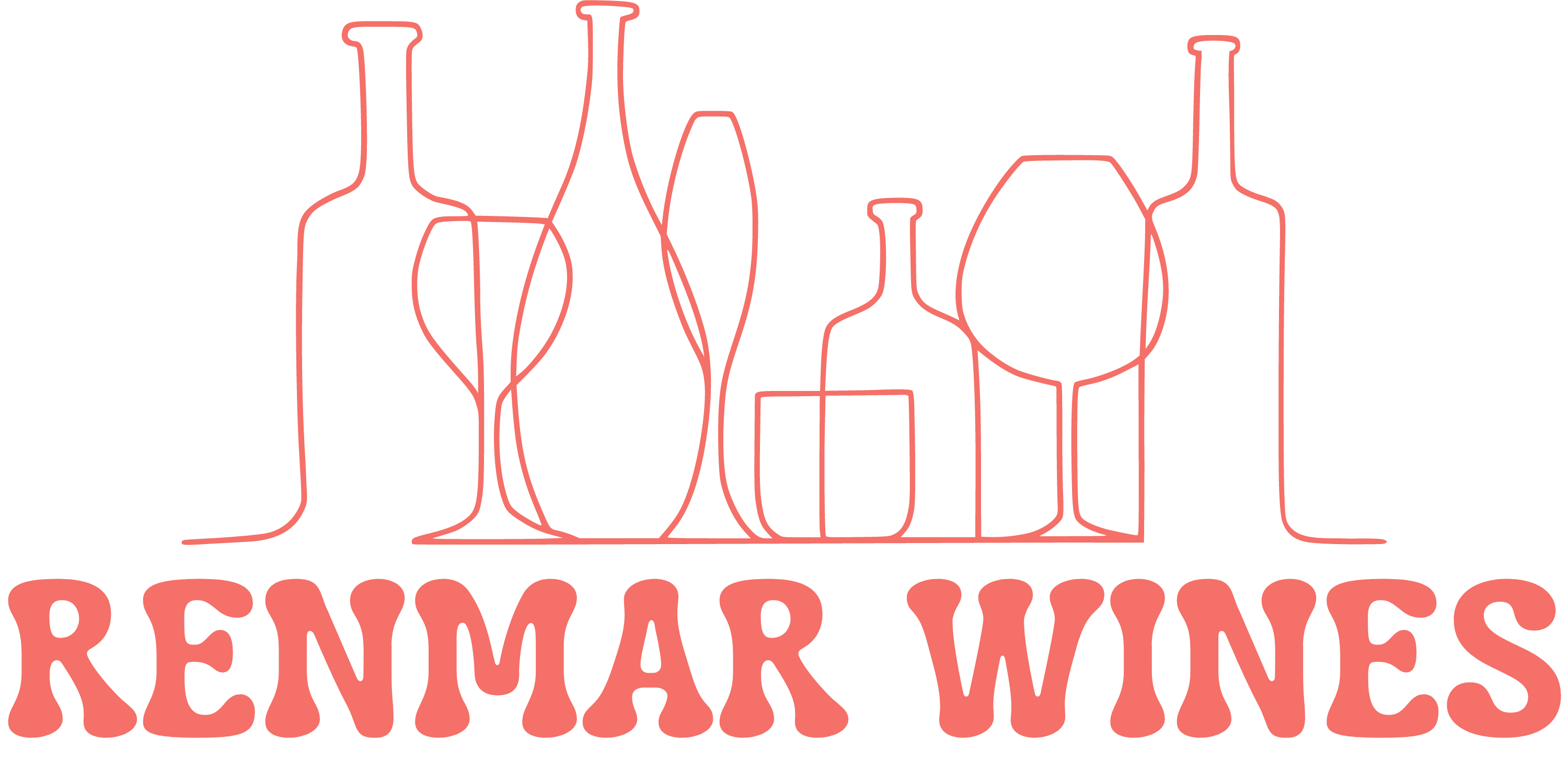
Drostdyhof grand cru
Drostdy Hof Premier Grand Cru
Colour: Brilliant in colour with a tinge of green.
Nose: An attractive perfumed bouquet with an abundance citrus aroma.
Taste: Delicate fruit flavours reminiscent of guava with a clean dry finish.
The first settlers at the Cape to arrive from Europe came from The Netherlands in 1652 under the auspices of the Dutch East India Company. As farmers began moving away from the more settled areas of Cape Town and Stellenbosch during the 18th and 19th centuries, local courts were established in newer towns to maintain links with the chief governing authorities. The district of Tulbagh, about 120 kms from Cape Town, was established in 1804.
The home (drostdy) and seat of local government for Tulbagh was designed in the Cape Dutch style by renowned architect, Louis-Michel Thibault and completed in 1806. Regarded as one of his finest works, the magistrate/governor’s residence also served as the courthouse (hof) from 1806 to 1822.
Today, De Oude Drostdy, as the building is known, houses a small and very popular museum with very fine examples of Cape Dutch furniture. It is also the home of Drostdy-Hof wines.
This wine is made from Sauvignon Blanc grapes.
The grapes were sourced from trellised vineyards in Porterville, Robertson, Stellenbosch and Paarl. A variety of vineyard sites on different soils and slopes are used to produce a wine that is accessible but at the same time offers complexity. All the vineyards are irrigated.
About this wine

Food Pairing

Tasting Notes

Grapes

